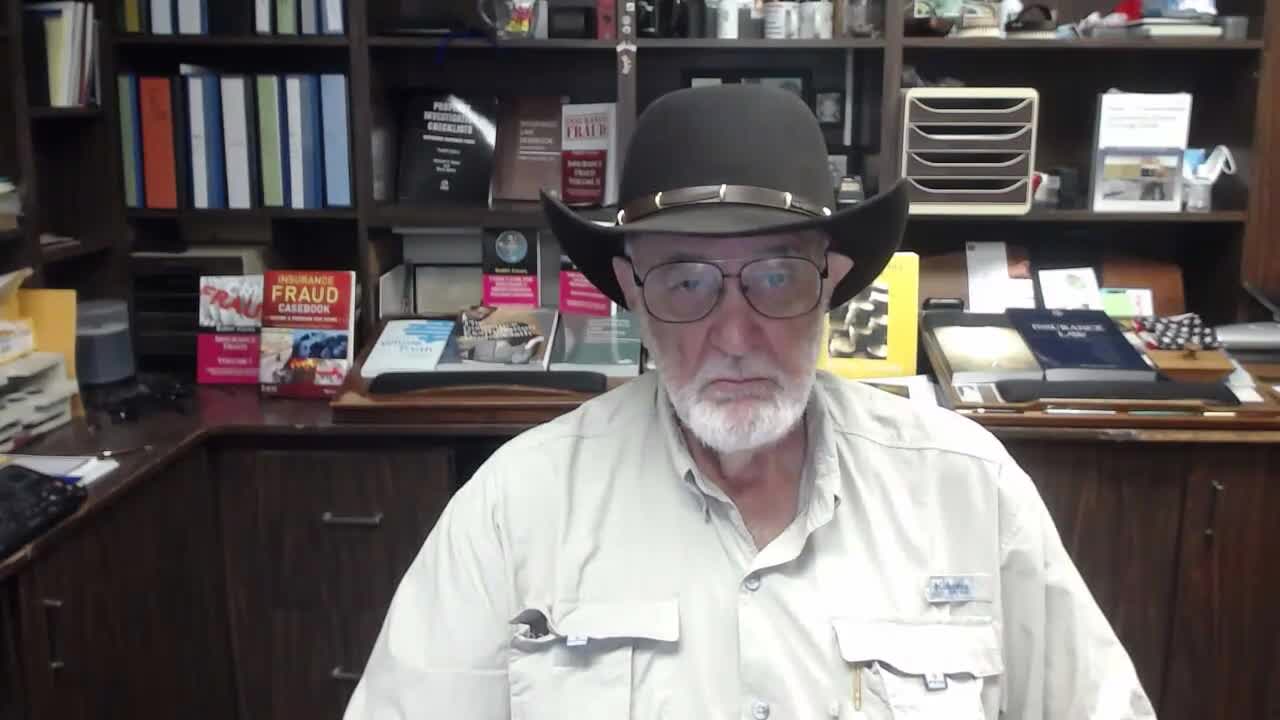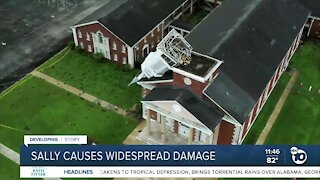Premium Only Content

Trigger of Coverage/Property Damage
The term "trigger of coverage" means "what event must occur for potential coverage to commence under the terms of the insurance policy" and "what must take place within the policy's effective dates for the potential of coverage to be 'triggered.'" [In Re Feature Realty Litig., 468 F. Supp.2d 1287, 1295, n.2 (E.D. Wash. 2006)]
After the California Supreme Court adopted a continuous trigger in Montrose Chemical Corp. v. Admiral Ins. Co. (1995) 10 Cal.4th 645, 685, 42 Cal.Rptr.2d 324, 913 P.2d 878 (Montrose) in the case of successive policies, property damage that is continuous or progressively deteriorating throughout several policy periods is potentially covered by all policies in effect during those periods, so that the insurer’s duty to defend arose under those policies. Insurers, trying to limit their coverage, revised the policy wording.
Therefore, the precise question is what result follows under the language of the policies of insurance to which the parties agreed. The “continuous injury” trigger has been applied mostly in cases involving gradual release of pollutants and other environmental harms. After Montrose, the insurer revised its policies to use the language for the very purpose of "obviat[ing] the application of the ‘progressive damage-continuous trigger’ articulated in Montrose." As a result, the defendant’s policies state that property damage "which commenced prior to the effective date of this insurance will be deemed to have happened in its entirety prior to, and not during, the term of this insurance." [Ins. Co. of Pa. v. Am. Safety Indem. Co., 32 Cal.App.5th 898, 244 Cal.Rptr.3d 310 (Cal. App., 2019)]
In King Cnty. v. Travelers Indem. Co. (W.D. Wash., 2019) the Louisiana Court of Appeals ruled that allegations by a property owner that an environmental consultant failed to detect the presence of pollutants on its property did not trigger coverage under the consultant’s liability policies. The Court found that the “occurrence” giving rise to the claims against the insured took place years prior to the issuance of the policies in question.
Whenever a claim is made for damage to property it is essential that both the insurer and the party making the claim determine the date and time when the property was actually physically damaged. Claims should then be made only to the insurer on the risk (the one whose policy is in force) at the time the physical damage occurred not the one whose policy is in force at the time suit is filed.
The word “trigger”, as a term of art, means the event that activates coverage under one or more insurance policies. The trigger of coverage problem arises in determining exactly what must take place within the policy’s effective dates to trigger coverage.
-
 8:57
8:57
Barry Zalma, Inc. on Insurance Law
10 months agoNo Coverage for Benefits no Right to Bad Faith Damages
158 -
 2:25
2:25
WFTX
4 years agoTips on flood and property damage claims
11 -
 2:00
2:00
WFTX
4 years agoProperty Damage Appraisers in SWFL offer tips on how to prepare for hurricane season
13 -
 0:20
0:20
WXYZ
4 years agoMan lights box of fireworks inside Detroit gas station causing damage to property
69 -
 1:31
1:31
WKBW
4 years agoProperty in Portland, NY suffers significant damage from Thursday storm
1 -
 0:36
0:36
IOL-IndependentOnline
4 years agoNorma Mngoma appears in court over malicious damage to property charges
2.87K -
 0:15
0:15
WTMJMilwaukee
4 years agoMadison police respond to looting, property damage during Saturday night protests
46 -
 0:25
0:25
KNXV
4 years agoPD: Six more arrests made after Scottsdale property damage, looting
32 -
 0:10
0:10
HollyRenee
4 years ago $0.01 earnedFunny Trigger
203 -
 1:42
1:42
KGTV
4 years agoSally causes widespread damage
110